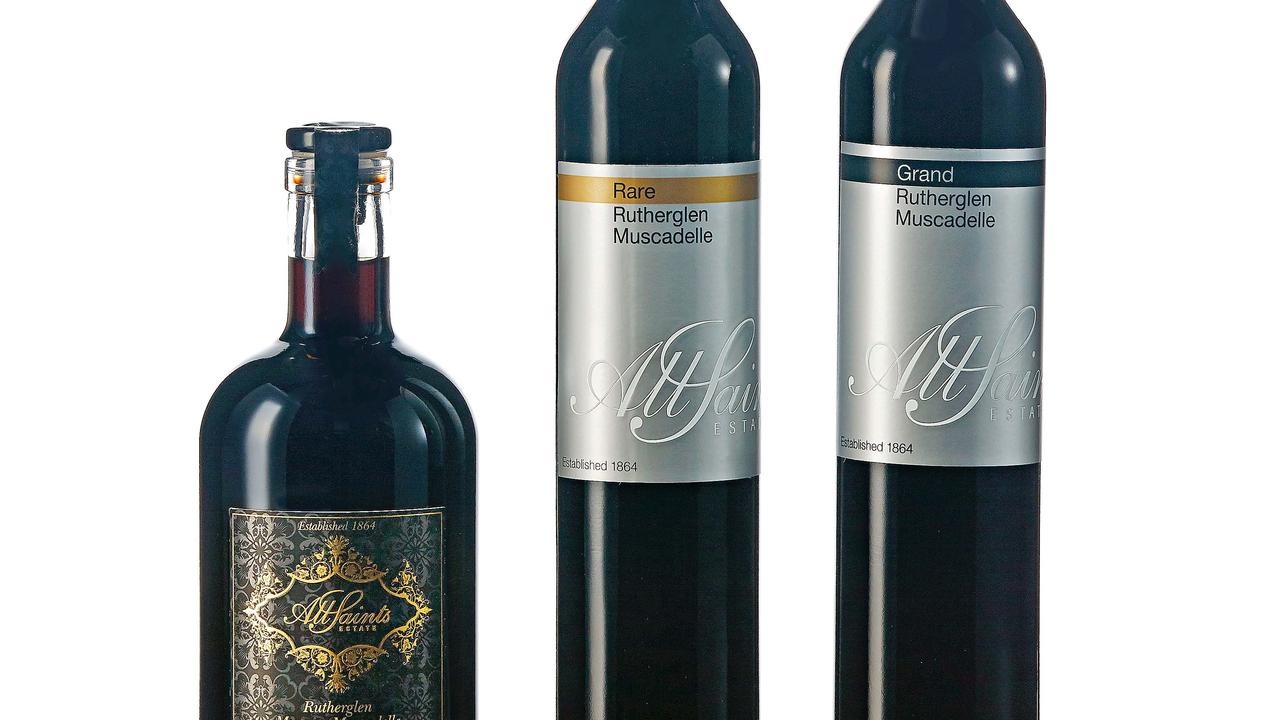Death of a romantic
IN my early 20s I lived in a share house - with one particular flatmate I barely knew.
IN my early 20s I lived in a share house - with one particular flatmate I barely knew.
He was younger than the rest of us, a student, quiet, and he never really participated in the rambunctious life of the house. Our gentle tenant had just broken up, traumatically, with a woman a decade older. He was still in love, his life held hostage by his obsession. He stayed mostly in his room. The rest of us got on with our lives; we were starting careers, and work consumed us in that self-obsessed 20-something way.
On the first day of spring, a Saturday, my flatmate suggested I come for a drive. He cruised around his childhood haunts - home, primary and high schools, corner shop. He was chatty and buoyant, it was a lovely afternoon; perhaps things were looking up. When we returned he went to his room as he always did. That evening he left for another drive.
The police knocked on our door several hours later. He had hung himself in the grounds of his girlfriend's house. The shock, the anguish, the guilt, and over the months I interrogated the scraps of time I'd spent with him - did I do enough? Could I have stopped him? Helped? For someone who touched my life so lightly he became suddenly huge in it, and has haunted it ever since.
On his bed he'd left a careful tableau of childhood photos, sports certificates and school reports with a note at their centre:
"I love _______ forever." I can still recall his handwriting. It was like a child's. The jolt of that. When his father came around - pale with bewilderment, barely able to speak - I saw he knew very little about his only son, whose face was like a Chinese whisper of his. He was desperate to understand. None of us in the house was really able to help.
Why did my flatmate do it? Obsession, infatuation, the fire and volatility of youth. He was bound by desire in a consumingly negative way - and in failed love can lie the weeds of mad actions and destruction. Oh, I've been there. Felled by passion, a despairing member of that exclusive club, heartbreak.
It took my parents and friends a long while - three years - to haul me back into optimism. I'm much more practical about romantic love now; no longer an avid fan. It's such a transient, delusional, debilitating concept. It can take possession of your life, and your senses. But usually only once. Relationships following the Big One are often shrewder, calmer, more realistic - and more healthy because of that.
The archetypal lovers who embodied the passion I once aspired to were Heathcliff and Cathy. In a scene in Wuthering Heights where Heathcliff lets go of the love of his life, Emily Bronte writes that there were "four distinct impressions left, blue in the colourless skin". That sounds painful, and in these relationships there's often a lot of pain.
"This last night we tear into each other, as if to wound, as if to find the key to everything before morning," Michael Ondaatje wrote in Coming Through Slaughter, the book I always carry with me as a tuning fork for my own fiction. But it's not a restful, replenishing relationship he's writing about. Passion craves quietness, security, calm - states hard to attain in romantic love. And sometimes, as the worm turns, hurting is a way of holding someone. Above all I felt unanchored during my youthful infatuation, and a rich, mature, requited love should feel like a harbour, a haven, to rest from all the toss of the world.
It took many years of living to realise that.
Why am I still so haunted by my flatmate? Because I just wish that beautiful boy, so bursting with potential, had grown up and known other women - had journeyed to a point where he could look back and laugh. I wonder, all these years later, that if he could reflect he'd be thinking, "Damn it, why did I do it? For her?" I suspect he would. And it breaks my heart, still.
nikki.theaustralian@gmail.com
Lifeline 131114; Suicide Call Back Service 1300 659 467



